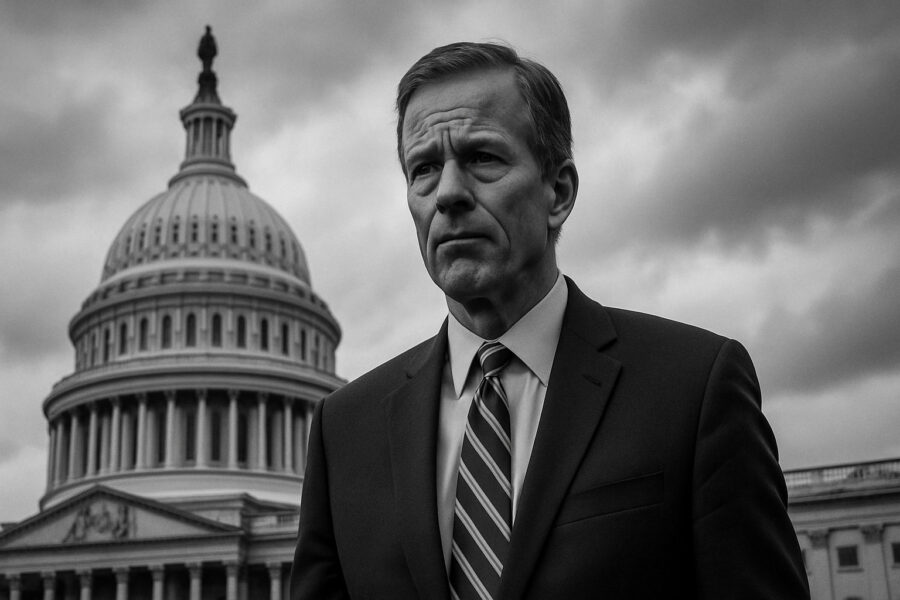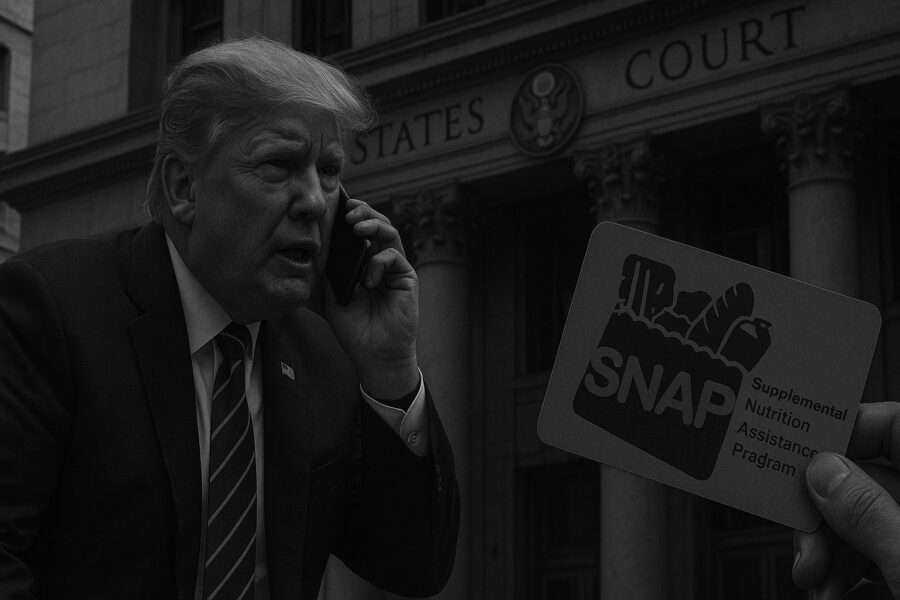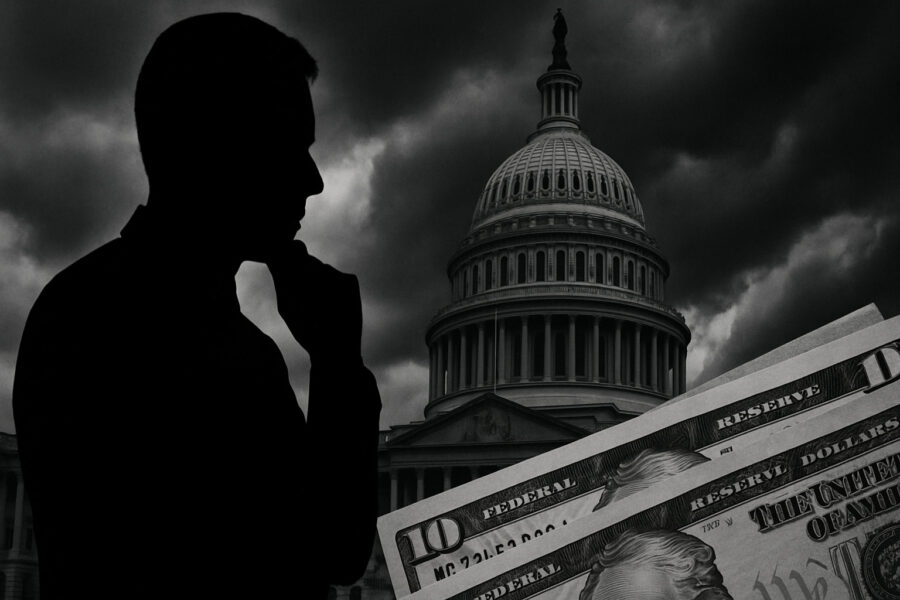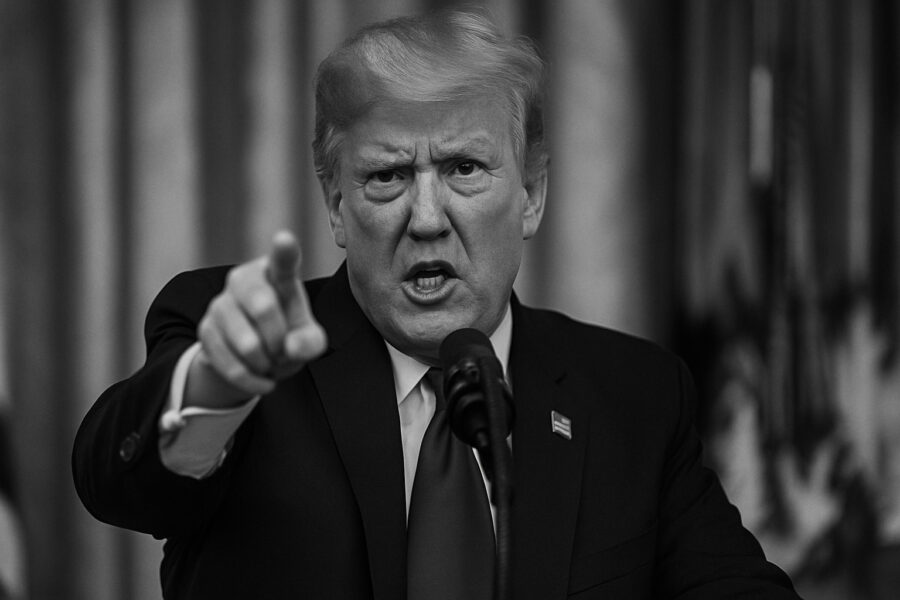Want Instant Updates? Follow us on Google News (here)
Want Instant Updates? Follow us on Google News (here)
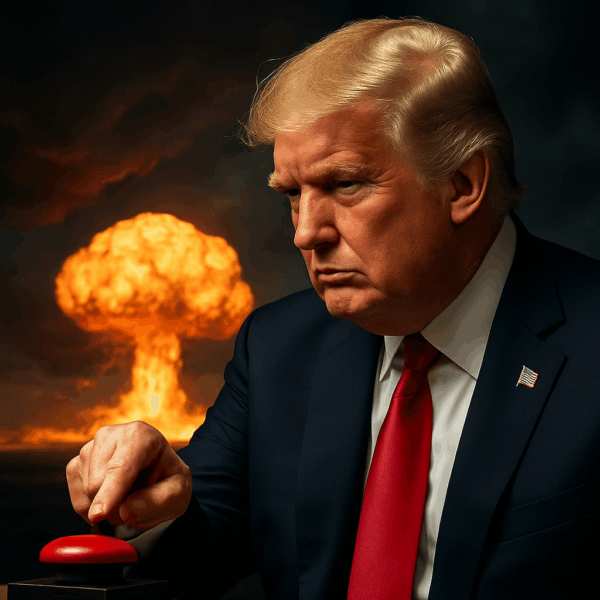
What Donald Trump’s “Nuclear Option” Means for the Senate and Legislation
The phrase “nuclear option” has recently become central to U.S. Senate politics. With former President Donald Trump urging Republicans to trigger it and end longstanding filibuster rules, many Americans are asking: What exactly does the nuclear option mean? And what could its use under Trump imply for how Congress operates?
What Is the Nuclear Option?
The “nuclear option” is a parliamentary procedure in the United States Senate that allows a simple majority (51 votes) to override existing rules—particularly the 60‑vote threshold required to end debate and move legislation (cloture).
- According to the Brookings Institution, the term “nuclear” was coined because such a move would “provoke the other party to retaliate” and could fundamentally change how the Senate functions. Brookings
- The process doesn’t require changing the formal rules text; rather, the majority raises a point of order, appeals a ruling of the chair, and sets a new precedent by majority vote. Brookings
- Historically, it has been used for judicial and executive‑branch nominations—but not yet for broad legislation. Wikipedia
Why Trump Is Calling for It Now
In 2025, with the federal government shutdown ongoing and major legislation stalled, Trump has publicly called on Senate Republicans to invoke the nuclear option and end the filibuster. That would allow majority‑party bills or funding resolutions to pass with fewer votes and less bipartisan cooperation. Politico
Key reasons why:
- The 60‑vote filibuster rule enables the minority party (or a small cross‑party coalition) to block legislation or force major compromises.
- Trump and his allies argue that this gridlock is preventing urgent action—especially in the face of the shutdown, SNAP funding issues, and other urgent legislative needs.
- By invoking the nuclear option, Republicans could pass continuing resolutions (CRs), budget bills, or other major legislation without needing 10+ votes from across the aisle. Spectrum Local News
What Could Change — And What Won’t
What could change:
- The 60‑vote threshold for ending debate could be reduced or eliminated for certain types of legislation, allowing a simple majority (51 votes) to push bills through.
- The Senate’s long‑standing tradition of requiring bipartisan consensus might erode.
- Minority rights in Senate procedure could be diminished—leading to faster passage of majority‑preferred bills, but also increased swings depending on which party controls the chamber.
What likely wouldn’t change (immediately):
- Formal rules text: The nuclear option doesn’t rewrite rules; it sets a new precedent that future majorities can stick to. isps.yale.edu
- Supremely controversial changes (e.g., altering core constitutional processes) remain unlikely without major upheaval.
- Long‑term stability: Because majorities change, using the nuclear option carries the risk that the next minority will do the same when roles flip.
Implications for Governance
- Faster law‑making: Majority parties could enact legislation more quickly—but that speed might come with less deliberation and fewer safeguards.
- Greater swings: With less need for cross‑party consensus, policies may shift dramatically each time power changes hands, increasing volatility.
- Institutional risk: Many senators (including some Republicans) worry that eliminating the filibuster or lowering thresholds for legislation could weaken institutional checks and minority protections.
- Strategic leverage: The nuclear option could be used as a bargaining chip—either to force concessions or to move key items when minority obstruction is high.
What This Means for You
If the nuclear option is used under Trump’s call:
- Legislation tied to key priorities (budget bills, tax policy, health care reform) may pass more quickly under a narrow majority.
- However, the minority party (or small opposition coalitions) will have fewer tools to delay or shape legislation—and may resort to other strategies (e.g., attaching amendments, procedural delays outside the Senate).
- Voters may see more drastic policy swings between elections as control of the Senate—and rules—becomes more important.
- Long‑term governance may become less stable if major policy shifts hinge on narrow majorities rather than broader consensus.
Final Thoughts
Donald Trump’s push for the nuclear option isn’t just about one vote or one piece of legislation. It signals a broader shift in how majorities might govern—and how minorities might respond. While the procedure offers the majority increased power, it also carries risks: diminished minority protections, faster but less deliberative governance, and a more volatile legislative environment.
Understanding the nuclear option is important—not just for policy wonks, but for anyone paying attention to how the U.S. Senate functions, how laws are passed, and how power shifts affect everyday Americans.
Sources
Leave a reply

